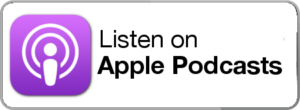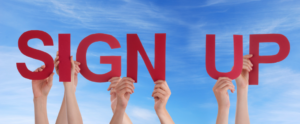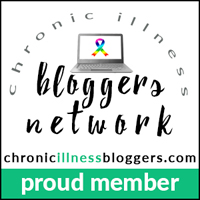Welcome to the sixth month of Self-Care Challenges. If you’ve been reading since the beginning, that’s great! I encourage you to share your progress with a comment below. If you’re just joining us, take a look at the previous month’s challenges.
Relaxation is an integral aspect of Self-Care…duh! But, what actually is relaxation? What happens physiologically? Can we be sure what we’re doing is truly relaxing both physically and emotionally? What I find relaxing may be incredibly annoying to you. In fact, years ago at a support group meeting there was a guest speaker leading us through a guided visualization. I was feeling blissful but one of the support group participants was having a panic attack. She couldn’t handle closing her eyes in a group setting.

Leslie with acupuncture needles
According to my friend, Wikipedia, relaxation is, “the emotional state of a living being, of low tension, in which there is an absence of arousal that could come from sources such as anger, anxiety, or fear.”
Digging a little deeper, the Oxford dictionary describes relaxation as, “a form of mild ecstasy coming from the frontal lobe of the brain in which the backward cortex sends signals to the frontal cortex via a mild sedative. Relaxation can be achieved through meditation, autogenics, and progressive muscle relaxation.”
Okay, I’ve never heard about autogenics. But whatever route you take to get to that relaxed state, you are eliminating stress. And stress, as you’re aware, exacerbates all chronic health conditions. An undue amount of stress even creates ill health. Check out the National Institute of Mental Health for more information about stress and its relation to both mental and physical health.
There are many relaxation methods. At night I wind down by taking a hot bath. It’s part of my sleep hygiene. But during the day it’s just as important to include time for relaxation and it doesn’t have to be a nap. Though I know a few adults that make a daily practice of this. In many yoga classes the final pose is savasana (corpse pose). The purpose of this pose is to relax. Not everyone can. If I have a good savasana at the end of a yoga class, I often sleep better at night.
I’ve had very intense feelings of relaxation from an acupuncture treatment, sound bath, massage, or just sitting by an open body of water.
If you don’t have the time or inclination for the above, there are tools to help you relax in the comfort of your own home. Possible tools include essential oils, listening to a guided visualization body scan, inhaling or ingesting certain strains of medical cannabis, or using a brass bowl.
If you’re using the Health Storylines app, the best way to keep track of your relaxation time is to use the Health Routine Builder. First you’ll need to figure out what helps you relax. As I mentioned above, everyone has their unique experience with relaxation. You may not be inclined to do yoga or listen to glass bowls. I hope you’ll suggest some modes that won’t include a television or computer screen.
Join our Facebook group to learn about other modes for relaxation and share your progress.




